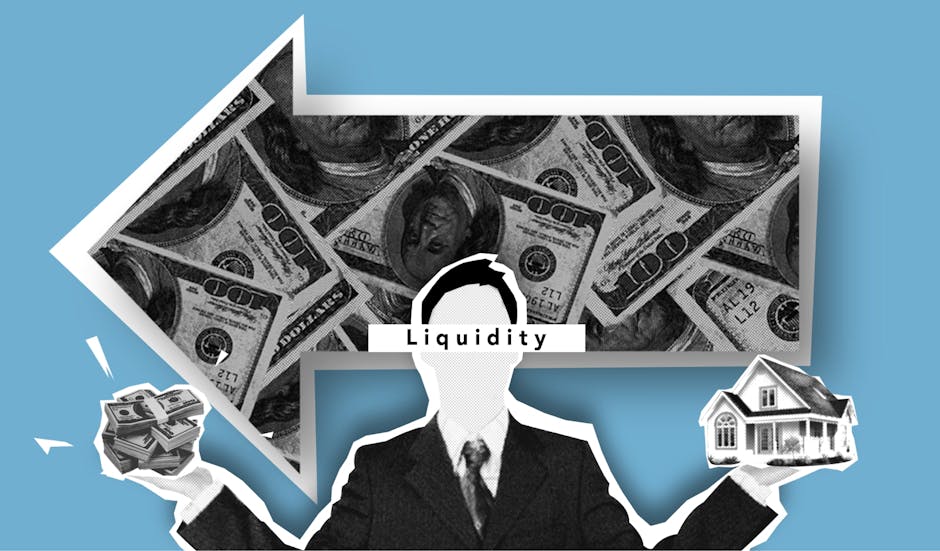
Tokenizing Real Estate Assets
Tokenizing Real Estate Assets
The real estate industry is undergoing a significant transformation with the advent of blockchain technology. One of the most promising applications of blockchain in real estate is the tokenization of assets.
Tokenization involves representing real-world assets, like properties or buildings, as digital tokens on a blockchain network. These tokens can then be bought, sold, and traded like any other cryptocurrency.
So why is tokenizing real estate assets such a game-changer? Well, it offers several benefits:
- Liquidity: Traditionally, investing in real estate required large sums of money and assets were illiquid. Now, with tokenization, fractional ownership is possible, allowing smaller investors to participate and providing increased liquidity.
- Accessibility: Tokenized real estate assets can be accessed and traded 24/7, enabling a global market of buyers and sellers.
- Transparency: Blockchain technology ensures a transparent and immutable record of ownership, reducing fraud and improving trust among investors.
- Efficiency: Through smart contracts, tokenization automates many processes, reducing paperwork, intermediaries, and associated costs.
Tokenizing real estate assets also opens up new opportunities for diversification and unlocks previously untapped markets. Investors can now easily gain exposure to fractional ownership of commercial buildings, residential properties, or even exclusive resorts.
While the concept of tokenizing real estate assets is still relatively new, several platforms have emerged to facilitate the process. These platforms provide the necessary infrastructure for digitizing and trading real estate tokens securely and efficiently.
As regulations catch up and more investors recognize the benefits, tokenizing real estate assets is poised to revolutionize the industry, making it more accessible, efficient, and inclusive.
